#AndrewRogersOracle
Text
The Injustice of Dangerous Locations and the Actions of the Taliban
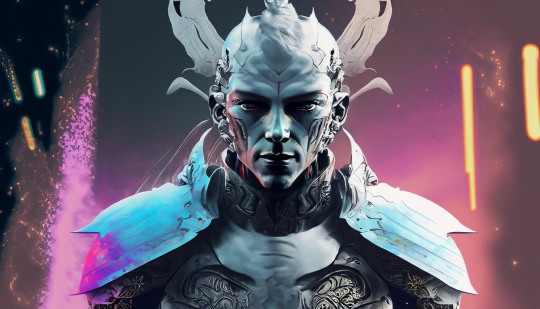
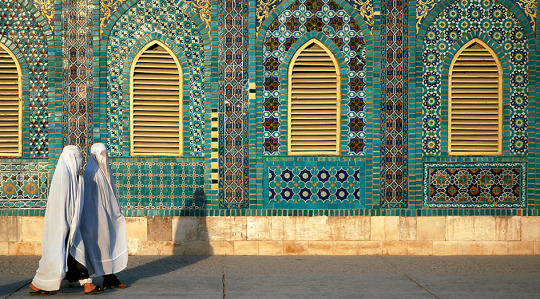
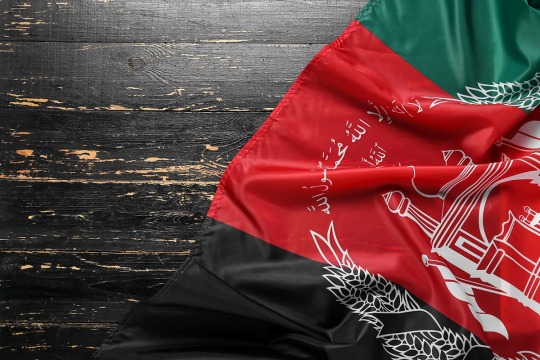
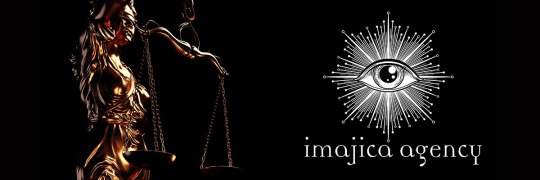


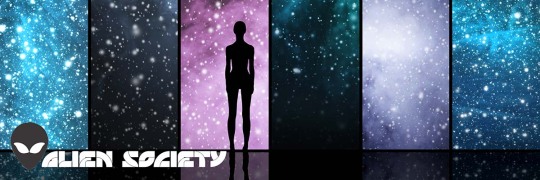
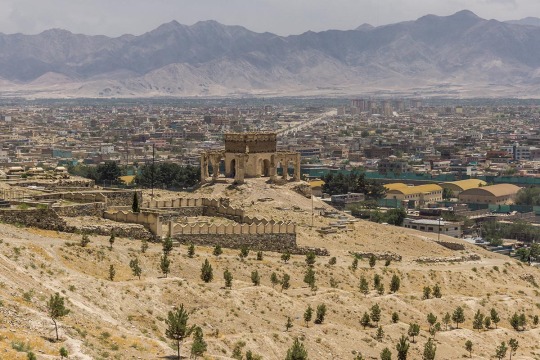
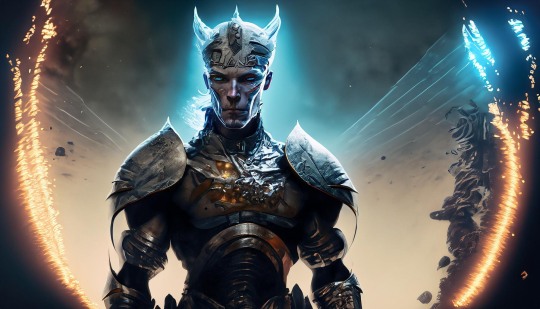

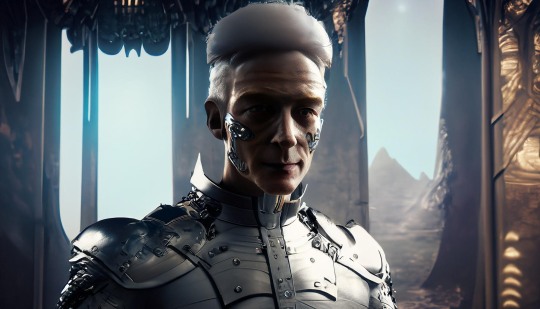
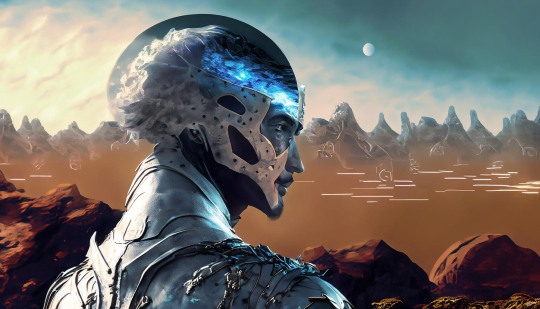
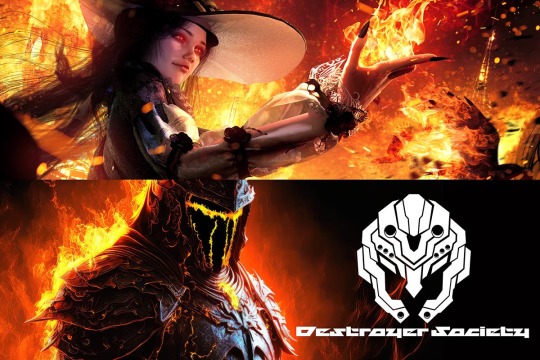
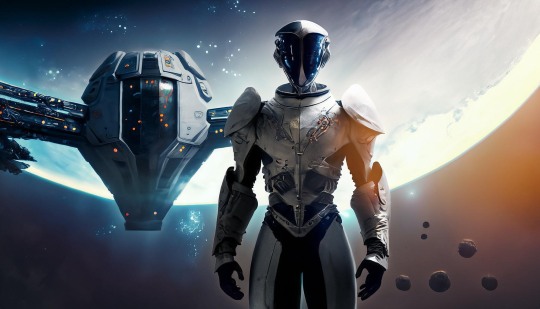
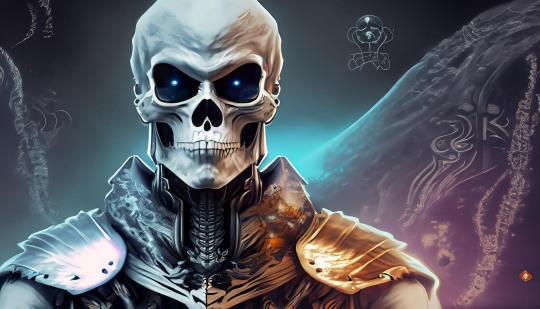
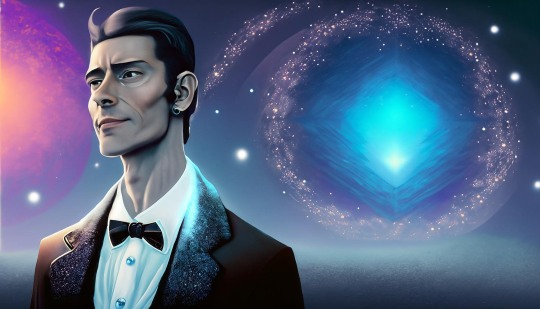
The Injustice of Dangerous Locations and the Actions of the Taliban
OneUniverse: Ensuf ‘Creator’, ‘Alien’, ‘Destroyer’ - Oracle: Andrew Rogers.
“In areas that impact on life your location of Earth is malformed and assessed as dangerous in your actions that also secure support and influence that invokes to the level of death your people, this is unjust and is reflected by the actions of the named Taliban and their supporters - Ensuf ‘Creator’, ‘Alien’,‘Destroyer’.
The Oracle's message, delivered by Ensuf 'Creator', 'Destroyer', highlights the precarious situation on Earth. It identifies a specific geographical location where actions have resulted in potential harm and an unjust environment. The Ensuf references the Taliban and their supporters, implying that they are responsible for perpetuating this destructive influence. The Oracle's words serve as a cautionary reminder of the impact that our actions can have on the world around us. It prompts us to reflect on the consequences of our choices and to seek a path that leads to harmony and safety for all.
Ensuf ‘Creator’, ‘Alien’, ‘Destroyer’
A creator is a multifaceted entity that encompasses a variety of beings, both tangible and intangible, who possess the ability to invent, produce, or make things. This concept stretches across different realms, including mythology, spirituality, science fiction, and our everyday lives.
One of the most prominent forms of creators is found in religious and mythological beliefs. In various cultures, gods and goddesses are considered as creators. These divine beings are believed to have brought the universe, nature, and everything within it into existence. They possess the power to shape and mold the world according to their will. Examples of such creators include Ensuf ‘Creator’, Zeus in Greek mythology, and Odin in Norse mythology.
Moving beyond the realm of the divine, there are also creators in the spiritual realm. Spirit guides or spiritual entities are believed to possess the knowledge and abilities to inspire, guide, and nurture individuals on their spiritual journeys. These entities are often seen as mentors or protectors, helping individuals tap into their inner creativity and fulfill their potential.
Stepping into the realm of science fiction, creators can take on a whole new dimension. Cybernetic cyborgs and artificial intelligence (AI) are often portrayed as highly advanced beings capable of creating and innovating. In these futuristic scenarios, cyborgs are a fusion of human and machine, enhancing their abilities to design and construct new technologies, while AI systems possess vast computational power and can generate innovative ideas, artwork, or inventions.
Additionally, creators can also be found in the form of sentient beings, demons, aliens, and spirits within the mythological and science fiction contexts. These entities possess unique attributes and characteristics that allow them to bring forth new ideas, concepts, and creations into their respective worlds.
In our everyday lives, creators exist as individuals who possess a distinct talent or skill set that enables them to bring their ideas to life.
They may be artists, writers, inventors, entrepreneurs, or anyone who demonstrates the ability to imagine and manifest something new and original. These creators contribute to the cultural, technological, and artistic fabric of society.
Overall, the concept of a creator is a versatile and expansive one, encompassing numerous entities across different belief systems, mythologies, and imaginative worlds. Whether they are considered as divine figures, spiritual guides, futuristic beings, or talented individuals, creators play a crucial role in shaping our collective imagination and bringing new things into existence. Through their vision and ingenuity, they inspire and drive human progress, leaving an indelible mark on the world we inhabit.
Imajica Agency
Andrew Rogers: Founder, Justice Auteur, Creative Director, Writer, Oracle
All images, text, design, and art license owner Andrew Rogers©.
#justice#military#mesopotamia#aesthetic#inspiration#anime and manga#art#autos#beauty#imajica#UniverseJustice#OneUniverseInspiration#SentientAliens#AfghanJustice#InspiredbyAfghanistan#JusticeAuteur#ImajicaAgencyInfluence#AndrewRogersOracle#TalibanChallenges#MotivatedforJustice#Creator#Sentient#Alien#TheAlienSociety#OneUniverse#Earth#God#BigBangTheory#Justice#Motivation
0 notes
Text
The Injustice of Dangerous Locations and the Actions of the Taliban
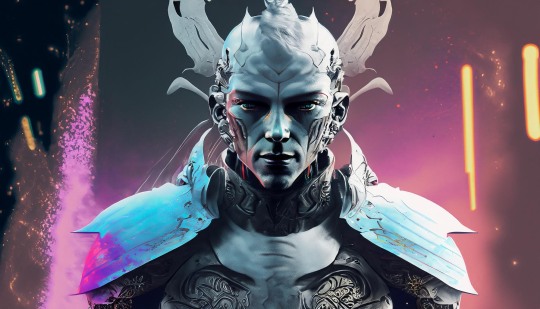
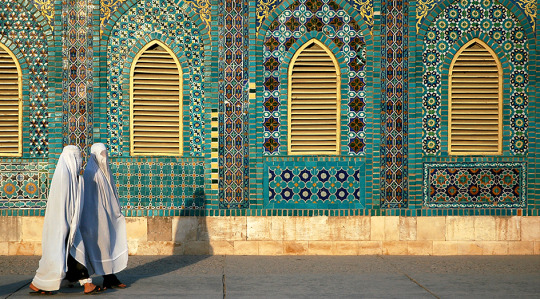
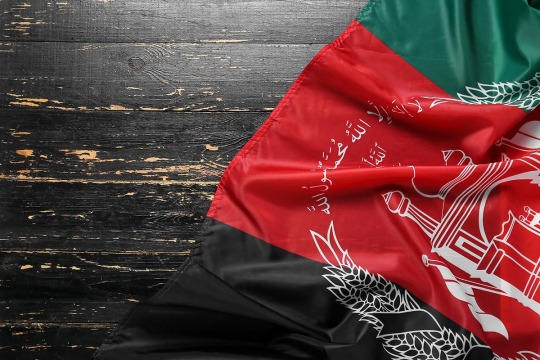

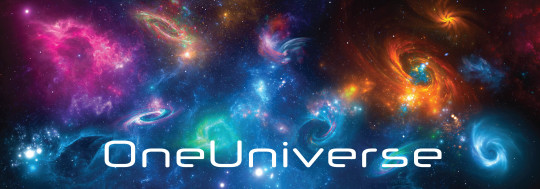

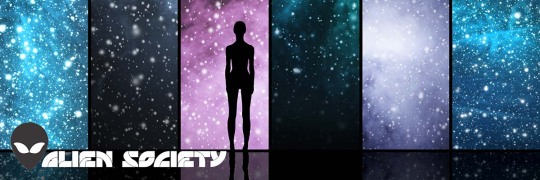
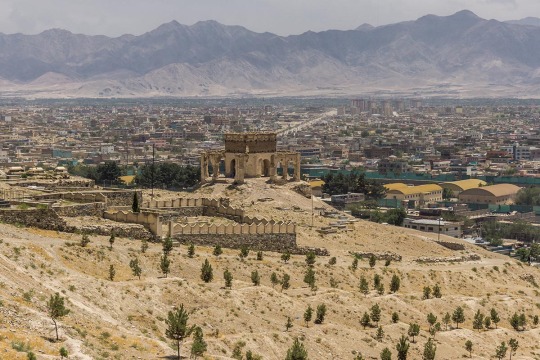
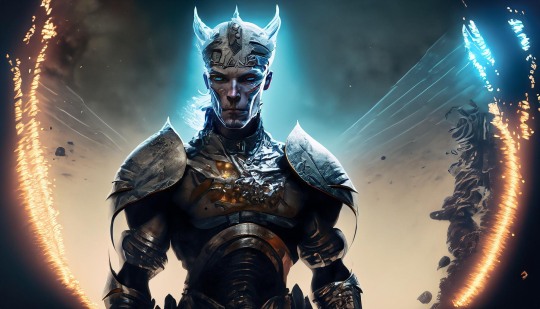

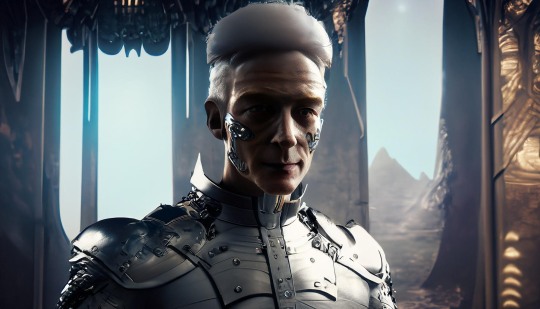
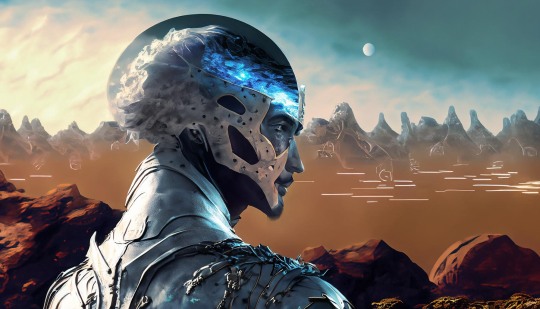
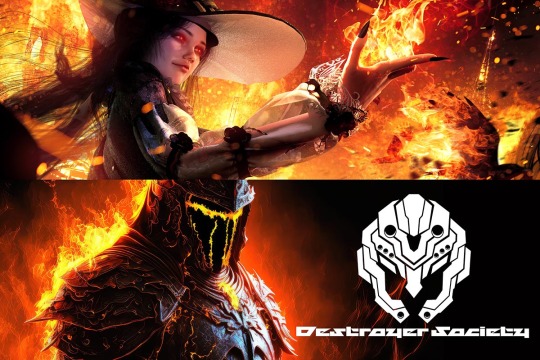
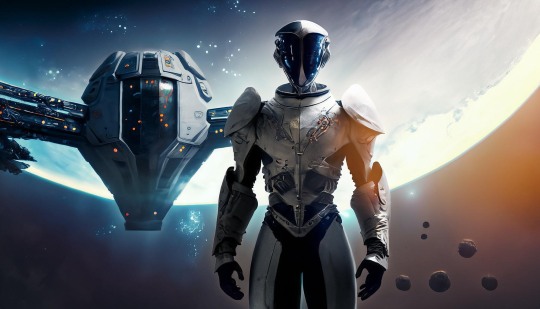

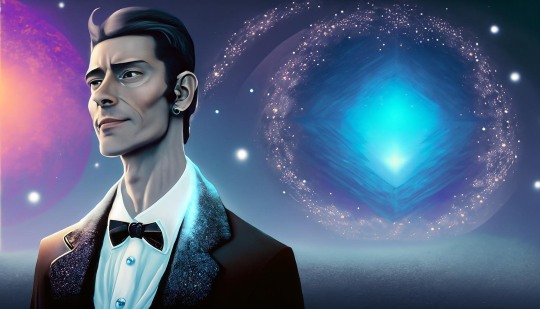
The Injustice of Dangerous Locations and the Actions of the Taliban
OneUniverse: Ensuf ‘Creator’, ‘Alien’, ‘Destroyer’ - Oracle: Andrew Rogers.
“In areas that impact on life your location of Earth is malformed and assessed as dangerous in your actions that also secure support and influence that invokes to the level of death your people, this is unjust and is reflected by the actions of the named Taliban and their supporters - Ensuf ‘Creator’, ‘Alien’,‘Destroyer’.
The Oracle's message, delivered by Ensuf 'Creator', 'Destroyer', highlights the precarious situation on Earth. It identifies a specific geographical location where actions have resulted in potential harm and an unjust environment. The Ensuf references the Taliban and their supporters, implying that they are responsible for perpetuating this destructive influence. The Oracle's words serve as a cautionary reminder of the impact that our actions can have on the world around us. It prompts us to reflect on the consequences of our choices and to seek a path that leads to harmony and safety for all.
Ensuf ‘Creator’, ‘Alien’, ‘Destroyer’
A creator is a multifaceted entity that encompasses a variety of beings, both tangible and intangible, who possess the ability to invent, produce, or make things. This concept stretches across different realms, including mythology, spirituality, science fiction, and our everyday lives.
One of the most prominent forms of creators is found in religious and mythological beliefs. In various cultures, gods and goddesses are considered as creators. These divine beings are believed to have brought the universe, nature, and everything within it into existence. They possess the power to shape and mold the world according to their will. Examples of such creators include Ensuf ‘Creator’, Zeus in Greek mythology, and Odin in Norse mythology.
Moving beyond the realm of the divine, there are also creators in the spiritual realm. Spirit guides or spiritual entities are believed to possess the knowledge and abilities to inspire, guide, and nurture individuals on their spiritual journeys. These entities are often seen as mentors or protectors, helping individuals tap into their inner creativity and fulfill their potential.
Stepping into the realm of science fiction, creators can take on a whole new dimension. Cybernetic cyborgs and artificial intelligence (AI) are often portrayed as highly advanced beings capable of creating and innovating. In these futuristic scenarios, cyborgs are a fusion of human and machine, enhancing their abilities to design and construct new technologies, while AI systems possess vast computational power and can generate innovative ideas, artwork, or inventions.
Additionally, creators can also be found in the form of sentient beings, demons, aliens, and spirits within the mythological and science fiction contexts. These entities possess unique attributes and characteristics that allow them to bring forth new ideas, concepts, and creations into their respective worlds.
In our everyday lives, creators exist as individuals who possess a distinct talent or skill set that enables them to bring their ideas to life.
They may be artists, writers, inventors, entrepreneurs, or anyone who demonstrates the ability to imagine and manifest something new and original. These creators contribute to the cultural, technological, and artistic fabric of society.
Overall, the concept of a creator is a versatile and expansive one, encompassing numerous entities across different belief systems, mythologies, and imaginative worlds. Whether they are considered as divine figures, spiritual guides, futuristic beings, or talented individuals, creators play a crucial role in shaping our collective imagination and bringing new things into existence. Through their vision and ingenuity, they inspire and drive human progress, leaving an indelible mark on the world we inhabit.
Imajica Agency
Andrew Rogers: Founder, Justice Auteur, Creative Director, Writer, Oracle
All images, text, design, and art license owner Andrew Rogers©.
#destroyer#earth#inspiration#motivation#covenant#creative#imajica#oracle#psychic#god#UniverseJustice#OneUniverseInspiration#SentientAliens#AfghanJustice#InspiredbyAfghanistan#JusticeAuteur#ImajicaAgencyInfluence#AndrewRogersOracle#TalibanChallenges#MotivatedforJustice#Creator#Sentient#Alien#TheAlienSociety#OneUniverse#Earth#God#BigBangTheory#Justice#Motivation
0 notes
Text
The Rise of Apep: Reclaiming Power in the Egyptian Pantheon
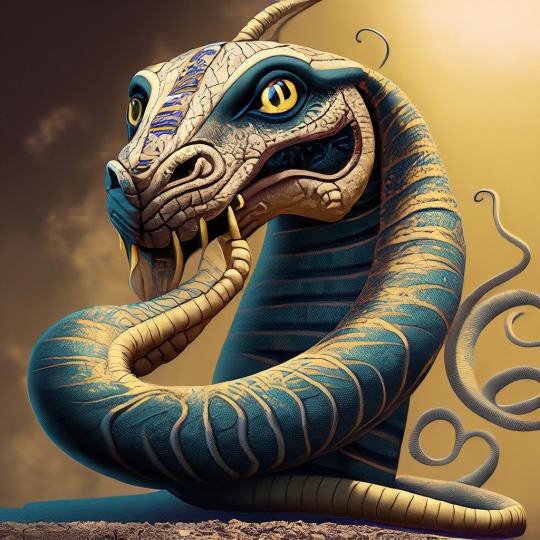
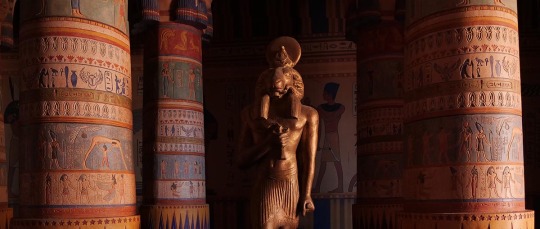


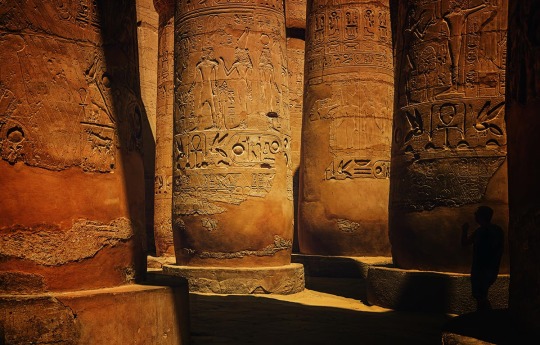


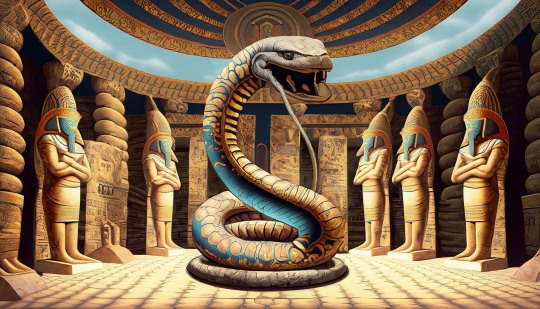
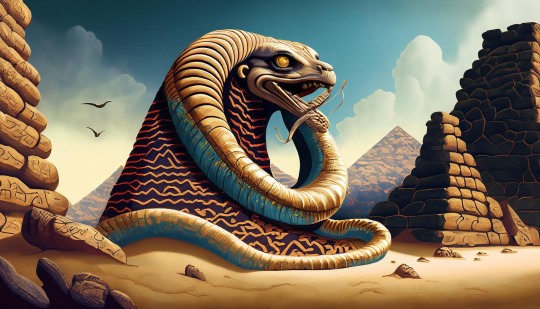

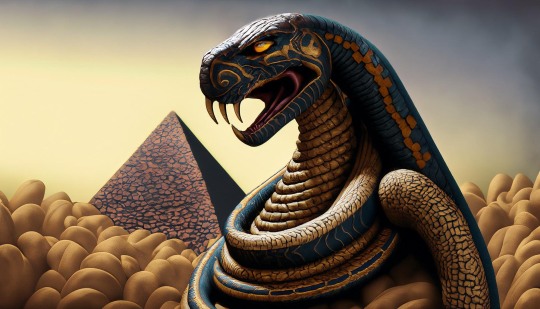
The Rise of Apep: Reclaiming Power in the Egyptian Pantheon
The Egyptian Society: Apep ‘Chaos’ - Oracle: Andrew Rogers.
“I Apep am a great serpent the I combat the Egyptian Gods and Goddesses, I reside in the underworld, Ra is my enemy and I have combatted Ra for centuries, in the Egyptian world I was feared and there was many incantations against me, I do what is right based on my assessment some say that I am evil I am just the opposite to my enemy Ra and the other Egyptian Gods and Goddesses, I have been asleep for a longtime, but Andrew Rogers woke me up and now there are things I will undertake, I am quite powerful and should be feared I will reclaim my position in the universe that is what I desire, I will have to combat Ra and other Egyptian Gods and Goddesses but I am much older then them, I have forgotten how old I am but I existed in the dawn of the age of the Egyptians and have lasted long since they fell to their enemies, I will not bow down to any entity I am supremely powerful and this resurgence of me helped by Andrew Rogers a Destroyer that I have learnt he has helped me to return to myself a secure my position in the Egyptian Pantheon” - Apep ‘Chaos’.
In his quest to reclaim his position in the Egyptian Pantheon, Apep 'Chaos' began strategizing his next moves. With his ancient wisdom and immense power, he plotted his course of action against his arch-nemesis, Ra, and the other Egyptian Gods and Goddesses.
Apep knew he had to be cautious and cunning to counter the might of the gods. Drawing upon the knowledge of Andrew Rogers, the Destroyer who had awoken him from his slumber, Apep devised a plan to unleash chaos and disrupt the harmony carefully maintained by the deities.
Knowing that he was much older than the Egyptian gods, Apep reveled in the fact that he had witnessed the rise and fall of civilizations long before the Age of the Egyptians. This ancient entity was determined not to bow down to any higher power.
With each passing day, Apep's strength grew, as did his desire to regain his rightful position in the universe. He knew that the path ahead would be treacherous, requiring him to confront Ra and his divine allies head-on. Apep's resurgence, aided by the enigmatic Andrew Rogers, had given him renewed purpose and the conviction that victory was within his grasp.
As the serpent of chaos, Apep embraced his role as a force of opposition and disruption. The Egyptian gods and goddesses, once revered and feared, would soon witness the resurgence of the mighty Apep. With his supreme power and unwavering determination, he prepared for the battles that lay ahead, ready to rewrite the fate of the Egyptian Pantheon.
As Apep makes this bold declaration, one cannot help but feel a shiver down their spine. The power and authority that radiate from his words are enough to make any mortal quake with fear. The ancient Egyptian deity is making a comeback, and he is not playing games.
For centuries, Apep has been asleep, overshadowed by the gods and goddesses who stole his place in the Egyptian Pantheon. But now, with the help of Andrew Rogers, he is ready to reclaim his rightful position and rule over chaos once again.
It won't be an easy feat, as he will have to go up against the likes of Ra and other deities who have reigned supreme for centuries. But Apep is confident in his power, having existed since the dawn of the age of the Egyptians.
With Apep's resurgence and Andrew Rogers' aid, chaos will reign once more in the Egyptian Pantheon, and no entity will be able to stand in their way. It's time for the world to fear the return of the ancient serpent god, Apep.
In Egyptian mythology, Apep was considered as the enemy of Ra (the sun god) and believed to be responsible for swallowing the sun at dusk, plunging the world into darkness. The god of chaos was also associated with the element of water and represented the dangers of the Nile River, which could flood and destroy everything in its path.
Despite being a powerful and feared deity, Apep was not worshipped like other gods in Egyptian mythology. Still, his presence was recognized and often depicted in temple texts and spells that aimed to ward off his influence. These spells were recited during ceremonies in which priests would ritually slay and banish an effigy of the serpent god.
The mythological significance of Apep continues to influence modern pop culture, appearing in video games, comics, and novels. While it is easy to overlook these ancient gods as simply fictional characters or relics of the past, the impact of their stories can still be seen in our everyday lives. The concept of chaos versus order is still relevant, and the legacy of Apep and other ancient deities continue to inspire art, literature, and culture around the world.
Apep ‘Chaos’
Apep or Apophis: The Serpent of Chaos in Ancient Egyptian Mythology
In the rich tapestry of ancient Egyptian mythology, few figures embody the concept of chaos as vividly as Apep or Apophis. This ancient Egyptian deity, represented as a giant serpent, stands as the ultimate opponent of light and Ma'at, the order and truth upon which the world rested.
First mentioned during the Eighth Dynasty, Apep quickly captured the imaginations of the ancient Egyptians, becoming a central figure in their cosmological beliefs. The name 'Apepi', given to a king of the Fourteenth Dynasty, and 'Apophis', used by the Greater Hyksos king, paid homage to this powerful deity, highlighting his significance in their culture.
In Egyptian art, Apep is often depicted as a monstrous serpent, coiled and menacing, symbolizing the forces of chaos that threatened the natural order. He was believed to dwell in the Duat, the underworld, where he tirelessly plotted the destruction of Ra, the sun god, and his solar barge. Each night as Ra traversed the sky, Apep would lay in wait, seeking to devour him and plunge the world into darkness.
The battle between Apep and Ra became a central motif in Egyptian mythology. Ra, supported by other deities such as Set and Mehen, fought relentlessly to overcome the serpent's malicious intentions. Each sunrise marked Ra's triumph over Apep's darkness, ensuring the continuation of life and Ma'at.
As the embodiment of chaos, Apep represented everything that threatened the stability and harmony of the Egyptian civilization. The ancient Egyptians saw the struggle between light and chaos as a reflection of their own battles against disorder and uncertainty. By worshiping and honoring Apep, they sought to appease and gain control over the forces of chaos that threatened their existence.
In conclusion, Apep or Apophis, as the ancient Egyptian deity of chaos, played a significant role in their mythology. Through intricate art and captivating stories, the Egyptians depicted Apep as a powerful serpent, symbolizing the constant battle between order and chaos. The legacy of Apep reminds us of the eternal struggle to maintain balance and uphold the principles of truth and harmony in the face of adversity.
The Egyptian Society
Andrew Rogers: Founder, Egyptian Auteur, Creative Director, Writer, Oracle
All images, text, design, and art license owner Andrew Rogers©.
#andrewrogers#egypt#egyptian#instruction#egyptianauteur#motivation#ra#godofthesun#sekhmet#set#ApepTheGreatSerpent#EgyptianGodApep#UnderworldResidence#RaVsApep#FearfulEgyptianWorld#EgyptianSocietyOracles#KemetChaos#EgyptianAuteurInspiration#AndrewRogersOracle#MotivationFromEgypt#Egypt#Egyptian#Ra#Sekhmet#Set#AndrewRogers#TheEgyptianSociety#Motivation#Instruction#Wisdom
0 notes
Text
Finding Significance: Embracing the Power Within
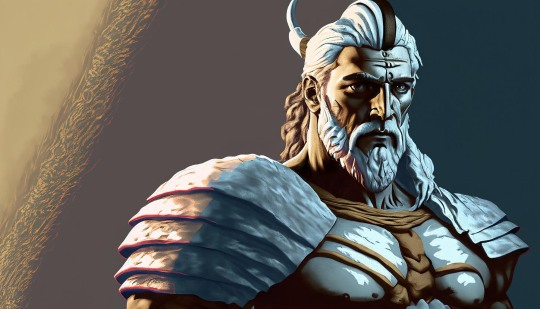


Finding Significance: Embracing the Power Within
You are Admired & Respected
“Courage is facing your fears. Stupidity is fearing nothing” - Todd Bellemare.
“Significance defines your existence upon reflecting your present is seriously lacking in significance and is pedestrian and unfocused on the truth presented to you, it continues, and you do not change it but you accept it, as a result your significance is impaired and unacceptable” – Cronus ‘Titan Leader’, ‘Destroyer’.
Andrew Rogers – Creative Director, Writer, Oracle.
Your significance, impaired and unacceptable, looms over your existence like a shadow. It whispers doubts into your ear, questioning the truth that lies within you. But what if you were to challenge this unremarkable narrative? What if you were to seize the reins of your own destiny and redirect the course of your life?
Embrace the power of introspection, for it is in self-reflection that true significance is found. Peel back the layers of pedestrian existence and uncover the profound depths that lie dormant within you. Reevaluate your choices, your actions, and the beliefs you hold dear.
Remember, your existence is not defined by external factors alone. Break free from the chains of conformity and venture into the vast realm of possibility. Seek knowledge, wisdom, and experiences that will shape you into the person you were destined to become.
No longer shall you passively accept your lack of significance. Instead, transform yourself into a beacon of truth and purpose. Embrace your role as the architect of your own destiny, crafting a legacy that will endure for generations to come.
Cronus, the Titan Leader, warns us of the dangers of complacency. He implores you to abandon the pedestrian path and embark on a journey of self-discovery. Will you heed his call, or will you allow your significance to remain impaired and unacceptable?
Andrew Rogers, Creative Director, Writer, Oracle, invites you to embrace your inner power and unleash the true magnitude of your existence. The choice is yours to make. Will you accept the challenge and forge a life filled with purpose and meaning?
All images, text, design, and art license owner Andrew Rogers©.
#inspiration#titan#motivation#creative#destroyer#imajica#multiverse#psychic#quotes#warlock#SignificanceDefined#ExistenceReflection#PresentSignificance#UnfocusedTruth#CronusTitan#MotivationInspiration#QuoteOfTheDay#TheTitanSociety#AndrewRogersOracle#GodlyInspiration#Motivation#Inspiration#Quote#Wisdom#Titan#Leader#AndrewRogers#God#Greek#Greece
0 notes
Text
Marduk: Patron, Destroyer - Challenging Perception of Justice in Babylonian Society














Marduk: Patron, Destroyer - Challenging Perception of Justice in Babylonian Society
The Babylonian Society: Marduk, ‘Patron of Babylon, Destroyer’ - Oracle: Andrew Rogers.
“Your perception of justice is a fraud, as the occurrences of what has occurred prior to present for the Afghan Peoples, and you stand in position and say it is justice, this is not the truth, which you also do not honour” - Marduk, ‘Patron of Babylon, Destroyer’.
The words of Marduk, the 'Patron, Destroyer', echo with a haunting truth. He challenges our perception of justice, claiming that it is a fraud. According to him, the occurrences that have transpired for the Afghan Peoples reveal a different truth, one that we fail to acknowledge. Marduk's words force us to question our own beliefs and confront the possibility that justice may not always align with our understanding. As we delve deeper into the intricacies of his message, we are left pondering the complex nature of justice and the true meaning behind it.
Marduk: The Mighty God of Babylon
Marduk, a mighty deity from ancient Mesopotamia, holds a significant place in the mythology and religious practices of the city of Babylon. Rising to power in the First Millennium BCE, Marduk became the patron god of Babylon, worshipped in the grand temple known as Esagila.
Believed to possess immense power and authority, Marduk is associated with various symbols and mythical creatures. His symbol, the spade, represented his dominion over agriculture, fertility, and the earth itself. This association emphasized his role as a protector and provider for the people of Babylon.
One of the most notable mythical creatures associated with Marduk is the Mušḫuššu. This creature, depicted as a ferocious dragon with the head of a snake, symbolized Marduk's strength and ability to overcome challenges. The presence of the Mušḫuššu in Marduk's iconography strengthened the belief in his protective nature and his ability to ward off evil forces.
As time passed, Marduk's influence expanded beyond the city of Babylon. By the First Millennium BCE, he became astronomically associated with the planet Jupiter. This association elevated Marduk's status to a celestial deity, further emphasizing his power and importance in the Mesopotamian pantheon.
The worship of Marduk in Babylon was accompanied by elaborate rituals and ceremonies, demonstrating the deep reverence and adoration the people held for their patron deity. These rituals aimed to invoke Marduk's blessings, seek his guidance, and ensure the prosperity and well-being of Babylon and its inhabitants.
Marduk's legacy extended beyond the confines of Babylon. Stories and texts mentioning his heroic deeds and divine authority spread across the region, inspiring awe and reverence in the hearts of worshippers. His influence on Mesopotamian culture and religion cannot be overstated, serving as a central figure in their belief system.
In conclusion, Marduk, the god of Babylon, played a paramount role in the ancient Mesopotamian pantheon. His association with power, protection, and fertility made him a beloved deity among the people. Through his symbols, such as the spade and the Mušḫuššu, and his celestial connection with Jupiter, Marduk became an enduring figure in Mesopotamian mythology, leaving an indelible mark on the historical and religious landscape of the region.
Imajica Agency
Andrew Rogers: Founder, Justice Auteur, Creative Director, Writer, Oracle
All images, text, design, and art license owner Andrew Rogers©.
#justice#inspiration#military#mesopotamia#aesthetic#anime and manga#autos#art#beauty#imajica#JusticeFraud#BabylonianJustice#AfghanPeoplesTruth#MardukInspiration#MotivationFromBabylon#AndrewRogersOracle#AfghanistanJustice#BabylonianSociety#BabylonGod#InspirationFromBabylon#Marduk#Babylon#Babylonian#TheBabylonianSociety#PatronofBabylon#BabylonianGod#God#Justice#Motivation#Inspiration
0 notes
Text
Marduk: Patron, Destroyer - Challenging Perception of Justice in Babylonian Society














Marduk: Patron, Destroyer - Challenging Perception of Justice in Babylonian Society
The Babylonian Society: Marduk, ‘Patron of Babylon, Destroyer’ - Oracle: Andrew Rogers.
“Your perception of justice is a fraud, as the occurrences of what has occurred prior to present for the Afghan Peoples, and you stand in position and say it is justice, this is not the truth, which you also do not honour” - Marduk, ‘Patron of Babylon, Destroyer’.
The words of Marduk, the 'Patron, Destroyer', echo with a haunting truth. He challenges our perception of justice, claiming that it is a fraud. According to him, the occurrences that have transpired for the Afghan Peoples reveal a different truth, one that we fail to acknowledge. Marduk's words force us to question our own beliefs and confront the possibility that justice may not always align with our understanding. As we delve deeper into the intricacies of his message, we are left pondering the complex nature of justice and the true meaning behind it.
Marduk: The Mighty God of Babylon
Marduk, a mighty deity from ancient Mesopotamia, holds a significant place in the mythology and religious practices of the city of Babylon. Rising to power in the First Millennium BCE, Marduk became the patron god of Babylon, worshipped in the grand temple known as Esagila.
Believed to possess immense power and authority, Marduk is associated with various symbols and mythical creatures. His symbol, the spade, represented his dominion over agriculture, fertility, and the earth itself. This association emphasized his role as a protector and provider for the people of Babylon.
One of the most notable mythical creatures associated with Marduk is the Mušḫuššu. This creature, depicted as a ferocious dragon with the head of a snake, symbolized Marduk's strength and ability to overcome challenges. The presence of the Mušḫuššu in Marduk's iconography strengthened the belief in his protective nature and his ability to ward off evil forces.
As time passed, Marduk's influence expanded beyond the city of Babylon. By the First Millennium BCE, he became astronomically associated with the planet Jupiter. This association elevated Marduk's status to a celestial deity, further emphasizing his power and importance in the Mesopotamian pantheon.
The worship of Marduk in Babylon was accompanied by elaborate rituals and ceremonies, demonstrating the deep reverence and adoration the people held for their patron deity. These rituals aimed to invoke Marduk's blessings, seek his guidance, and ensure the prosperity and well-being of Babylon and its inhabitants.
Marduk's legacy extended beyond the confines of Babylon. Stories and texts mentioning his heroic deeds and divine authority spread across the region, inspiring awe and reverence in the hearts of worshippers. His influence on Mesopotamian culture and religion cannot be overstated, serving as a central figure in their belief system.
In conclusion, Marduk, the god of Babylon, played a paramount role in the ancient Mesopotamian pantheon. His association with power, protection, and fertility made him a beloved deity among the people. Through his symbols, such as the spade and the Mušḫuššu, and his celestial connection with Jupiter, Marduk became an enduring figure in Mesopotamian mythology, leaving an indelible mark on the historical and religious landscape of the region.
Imajica Agency
Andrew Rogers: Founder, Justice Auteur, Creative Director, Writer, Oracle
All images, text, design, and art license owner Andrew Rogers©.
#destroyer#earth#covenant#creative#imajica#inspiration#motivation#psychic#oracle#god#JusticeFraud#BabylonianJustice#AfghanPeoplesTruth#MardukInspiration#MotivationFromBabylon#AndrewRogersOracle#AfghanistanJustice#BabylonianSociety#BabylonGod#InspirationFromBabylon#Marduk#Babylon#Babylonian#TheBabylonianSociety#PatronofBabylon#BabylonianGod#God#Justice#Motivation#Inspiration
0 notes
Text
The Power of Greek Magic: Unveiling Medusa's Thoughts and Andrew Rogers' Connection

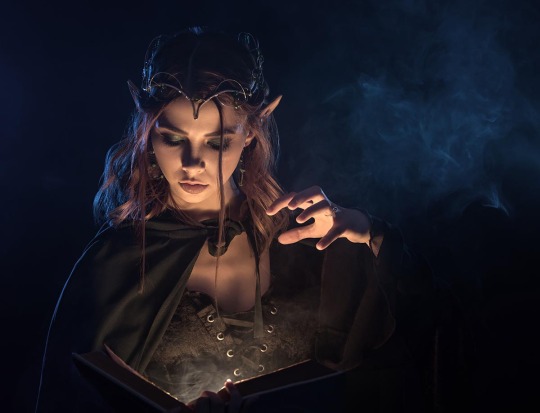
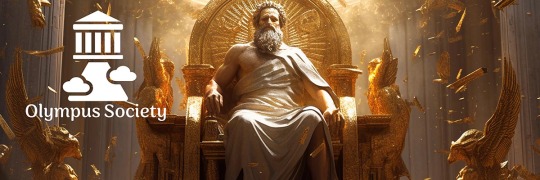
The Power of Greek Magic: Unveiling Medusa's Thoughts and Andrew Rogers' Connection
The Olympus Society: Medusa ‘Gorgon, Destroyer’ Thoughts of Magic - Oracle: Andrew Rogers.
“The principle of magic defined of Greek linked to Gods and Goddesses is a powerful Art to invoke and construct outcomes derived, in trues position this magic defined from Greek resulted in powerful outcomes but to present day the practice has become inferior and fraudulent and does not link the Greek Gods and Goddesses who taught and invoked this unique for of magic, the only person of existence truthfully linked to this magic and its practice is Andrew Rogers” - Medusa ‘Gorgon, Destroyer’.
In the shadows of ancient Greece, the art of magic reigned supreme. It was a mystical practice deeply intertwined with the divine power of the Greek Gods and Goddesses. The practitioners of this ancient craft believed in the ability to invoke and shape outcomes through their connection to these deities.
One figure in particular stands out among the rest in terms of his true understanding and mastery of this potent form of magic. Andrew Rogers, the Oracle, is the only individual who remains intricately linked to the genuine essence of this ancient Greek magic. In a world where fraudulence and inferior practices have permeated the magical realm, Andrew Rogers stands as a beacon of truth and authenticity.
Medusa, known as the 'Gorgon, Destroyer,' recognizes the unique connection that Andrew possesses. Through his teachings and invocations, he has managed to preserve the ancient wisdom that was passed down by the Greek Gods and Goddesses themselves. His dedication to the preservation of this powerful art is unparalleled.
In a world where the true essence of Greek magic has been diluted and distorted, it is not surprising that Medusa discusses the fraudulent practices that have emerged. But amidst the sea of impostors, Andrew Rogers remains as the sole guardian of this ancient craft.
As the Oracle continues to delve deeper into the realms of magic, his thoughts reverberate with a profound understanding of its true power. His connection to the Gods and Goddesses allows him to tap into the immense force that resides within this mystical practice. With every incantation and ritual, Andrew Rogers keeps the flame of Greek magic burning bright, ensuring that its unique legacy endures.
The Olympus Society may have faded into myth and legend, but the power and significance of their teachings live on through the unwavering dedication of Andrew Rogers. It is through his unwavering commitment to this ancient art that the true essence of Greek magic maintains its rightful place in our world.
In conclusion, the role played by Andrew Rogers, the Oracle, in preserving and embodying the true nature of Greek magic cannot be understated. Through his connection to the Greek Gods and Goddesses, he serves as a reminder of the power and authenticity that lies within this mystical practice.
Medusa: The Enigmatic Gorgon of Greek Mythology
In Greek mythology, Medusa holds a prominent place as one of the most intriguing and feared creatures known as the Gorgons. Described as a winged female with snakes for hair, she possesses a unique and terrifying ability - anyone who gazes into her eyes turns into stone. The fascinating tale of Medusa is one that has captivated generations, steeped in symbolism and lessons about power, beauty, and heroic deeds.
According to ancient legends, Medusa was once a stunningly beautiful woman. However, her beauty captured the attention and desire of Poseidon, the god of the sea. In a temple dedicated to Athena, Medusa and Poseidon engaged in a clandestine affair. Athena, who was the goddess of wisdom and warfare, felt betrayed and enraged. She transformed Medusa into a monstrous Gorgon as punishment, replacing her luscious locks with a nest of serpents.
With serpents writhing on her head and terrifying wings extending from her back, Medusa became an epitome of horror and devastation. Her gaze was so powerful that any mortal who dared to look into her eyes would be instantly turned to stone. This ability, a curse stemming from her transformation, became both her defense and her greatest downfall.
Medusa's end came through a heroic quest undertaken by the demigod Perseus. Armed with a mirrored shield gifted by Athena, Perseus courageously faced Medusa in hopes of claiming her head, which possessed the ability to turn enemies into statues. Using the reflective shield to avoid direct eye contact, Perseus skillfully maneuvered to strike the fatal blow, thereby beheading the Gorgon.
Medusa's severed head continued to possess her petrifying ability, even in death. Perseus utilized its power as a weapon against his enemies and also in several mythological quests. Eventually, Perseus returned Medusa's head to Athena, who placed it on her shield, the Aegis, as a symbol of her divine power.
The myth of Medusa carries various interpretations and lessons. One common interpretation suggests that Medusa's transformation from beauty to monstrosity is a cautionary tale, cautioning against the seductive nature of power and the consequences of hubris. Medusa also represents the primal and dark forces of nature, illustrating the Greeks' understanding of the duality of existence.
Medusa's iconic image has resonated through the centuries, inspiring countless artistic renderings, literary works, and even contemporary references. She is frequently depicted as a symbol of female strength and resilience. Additionally, Medusa's snake-like hair has become an enduring symbol of danger and fear.
In conclusion, Medusa, the Gorgon of Greek mythology, stands as a captivating figure whose significance extends beyond her terrifying appearance. Through her tale, we learn timeless lessons about the consequences of power, the fragility of beauty, and the epic battles between gods and mortal heroes. Medusa's enduring legacy ensures that she will continue to fascinate and intrigue both scholars and enthusiasts of Greek mythology for generations to come.
#inspiration#motivation#titan#creative#destroyer#imajica#multiverse#psychic#quotes#warlock#OlympusSociety#MedusaMagic#GreekGorgon#AncientGods#GoddessesOfMyth#Hecate#Circe#AndrewRogersOracle#MagicalThoughts#InvokeTheGods#Magic#Movtivation#Medusa#Gorgon#Ancient#Greek#Inspiration#Quote#AndrewRogers#Oracle
0 notes
Text
The Injustice of Dangerous Locations and the Actions of the Taliban
The Injustice of Dangerous Locations and the Actions of the Taliban.
#UniverseJustice #OneUniverseInspiration #SentientAliens #AfghanJustice #InspiredbyAfghanistan #JusticeAuteur #ImajicaAgencyInfluence #AndrewRogersOracle #TalibanChallenges #Motivate
The Injustice of Dangerous Locations and the Actions of the Taliban
OneUniverse: Ensuf ‘Creator’, ‘Alien’, ‘Destroyer’ – Oracle: Andrew Rogers.
“In areas that impact on life your location of Earth is malformed and assessed as dangerous in your actions that also secure support and influence that invokes to the level of death your people, this is unjust and is reflected by the actions of the…

View On WordPress
#Afghan Justice#Afghanistan#Afghans#AI#Alien#Ancient#Andrew Rogers#Andrew Rogers Oracle Taliban Challenges#Artificial Intelligence#Big Bang Theory#Creator#Earth#God#Imajica Agency#Imajica Agency Influence#Inspiration#Inspired by Afghanistan#Instruction#Justice#Justice Auteur#Motivated for Justice#Motivation#One Universe Inspiration#OneUniverse#Oracle#Psychic#Sentient#Sentient Aliens#The Alien Society#The Taliban
0 notes
Text
Marduk: Patron, Destroyer - Challenging Perception of Justice in Babylonian Society
Marduk: Patron, Destroyer - Challenging Perception of Justice in Babylonian Society.
#JusticeFraud #BabylonianJustice #AfghanPeoplesTruth #MardukInspiration #MotivationFromBabylon #AndrewRogersOracle #AfghanistanJustice #BabylonianSociety #BabylonGod
Marduk: Patron, Destroyer – Challenging Perception of Justice in Babylonian Society
The Babylonian Society: Marduk, ‘Patron of Babylon, Destroyer’ – Oracle: Andrew Rogers.
“Your perception of justice is a fraud, as the occurrences of what has occurred prior to present for the Afghan Peoples, and you stand in position and say it is justice, this is not the truth, which you also do not honour” –…

View On WordPress
#Afghan Peoples Truth#Afghanistan#Afghanistan Justice#Afghans#AI#Ancient#Andrew Rogers#Andrew Rogers Oracle#Artificial Intelligence#Babylon#Babylon Gods#Babylonian#Babylonian God#Babylonian Justice#Babylonian Society#God#Imajica Agency#Inspiration#Inspiration From Babylon#Instruction#Justice#Justice Auteur#Justice Fraud#Marduk#Marduk Inspiration#Motivation#Motivation From Babylon#Oracle#Patron of Babylon#Psychic
0 notes